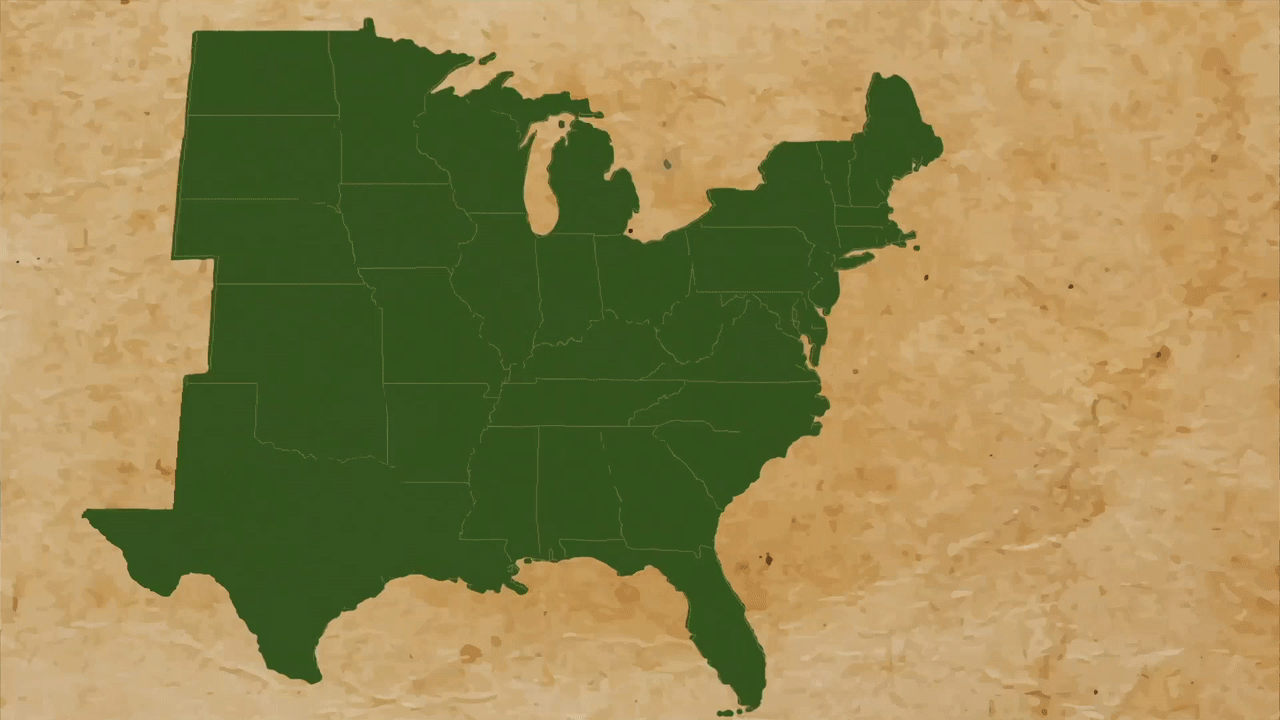
“I have been working in the fields for 37 years,” she said. “And before, there was nothing. No shade, no water. But today, that has changed. Thank God for the Coalition.”
As you read this, the Fair Food Program Education Team – a seasoned group of educators, armed with human rights booklets and large-scale drawings depicting common scenes from the fields – is winding through the backroads of South Carolina, visiting tomato farms near Beaufort. Each summer, thousands of workers travel north to follow the tomato harvest from Florida to New Jersey. And every summer for the past four years, the CIW’s Education Team – and the crucial labor protections guaranteed by the Fair Food Program – travel with them.
But the truth is, the Know Your Rights booklets, the popular education drawings, the rented 12-passenger vans, and the weeks of CIW staff living and working on the road don’t come for free.
In fact, they’re only possible because people like you have generously become Fair Food Sustainers, donating anything from $5 a month to $500 a month. Are you able to chip in, and help us expand the Fair Food Program in the year ahead?
A Fair Food Program farm, and a farm beyond the Program’s reach, may be separated by just a few miles geographically. But for the workers who harvest in those fields, the farms may as well be worlds apart. Outside of the Fair Food Program, the old way of doing business prevails:
- In 2015, the Equal Employment Opportunities Commission reached a record-breaking settlement of $17 million in a horrific case of sexual assault and harassment, in which women working in a packinghouse just 15 minutes north of Immokalee were routinely harassed and even raped by packing house supervisors.
- In 2017, a Southwest Florida civil court handed down a $3.5 million judgment in a forced labor case uncovered by the CIW that involved death threats, sexual harassment, and widespread wage theft. But the judgment came fully seven years after the case was initially reported by workers, and it is highly unlikely the workers involved will ever see a penny of the judgment.
- And only two months ago, in April of 2019, the U.S. Department of Labor settled a case of labor trafficking that emerged from the sweet potato fields of North Carolina, in which guest workers, lured with promises of abundant work and decent pay, had their identifying documents immediately confiscated, received abysmally low salaries, and faced physical threats of violence when the workers dared to ask for what they were owed.
We simply cannot allow these kinds of abuses to continue – not when we have a solution at hand, one that can redress the imbalance of power that allows these horrific cases to occur and end the abuses today.
We need you to help sustain and grow the Fair Food Program.
Because farmworkers can’t do it alone. A saying that you hear a lot around the CIW community center in Immokalee is that we all are here to “poner nuestro granito de arena” – to each contribute our little grain of sand.
In other words, we each commit whatever it is we have to offer – our time, our energy, our ideas, our resources – even if they seem small. Through that collective commitment of an ever-expanding community of worker leaders and supporters, we have built a powerful movement for change. And in turn, that movement has triggered a seismic shift in an industry worth over $600 million, from Florida to New Jersey, fundamentally changing the everyday experience of tens of thousands of men and women laboring in the fields.
To bring it home, we return to the world within the bounds of the Fair Food Program’s life-changing protections. Just a few days ago in south Georgia, as the Fair Food Program Education Team was packing up its materials to head to the next farm, an elderly woman approached them: “I have been working in the fields for 37 years,” she said. “And before, there was nothing. No shade, no water. But today, that has changed. Thank God for the Coalition.”
And just few months ago, Reina, a worker on a Fair Food Program farm in Florida, commented to one of the Human Rights Monitors with the Fair Food Standards Council, “On the farms, there have been many changes… There is more respect on the farm, there are no more abuses… These changes are now on many farms, but there are many more farms out there yet to be covered.”
It’s time for all of us to offer our own little grain of sand. Become a Fair Food Sustainer today, and help the Fair Food Program grow to cover all of U.S. agriculture.
